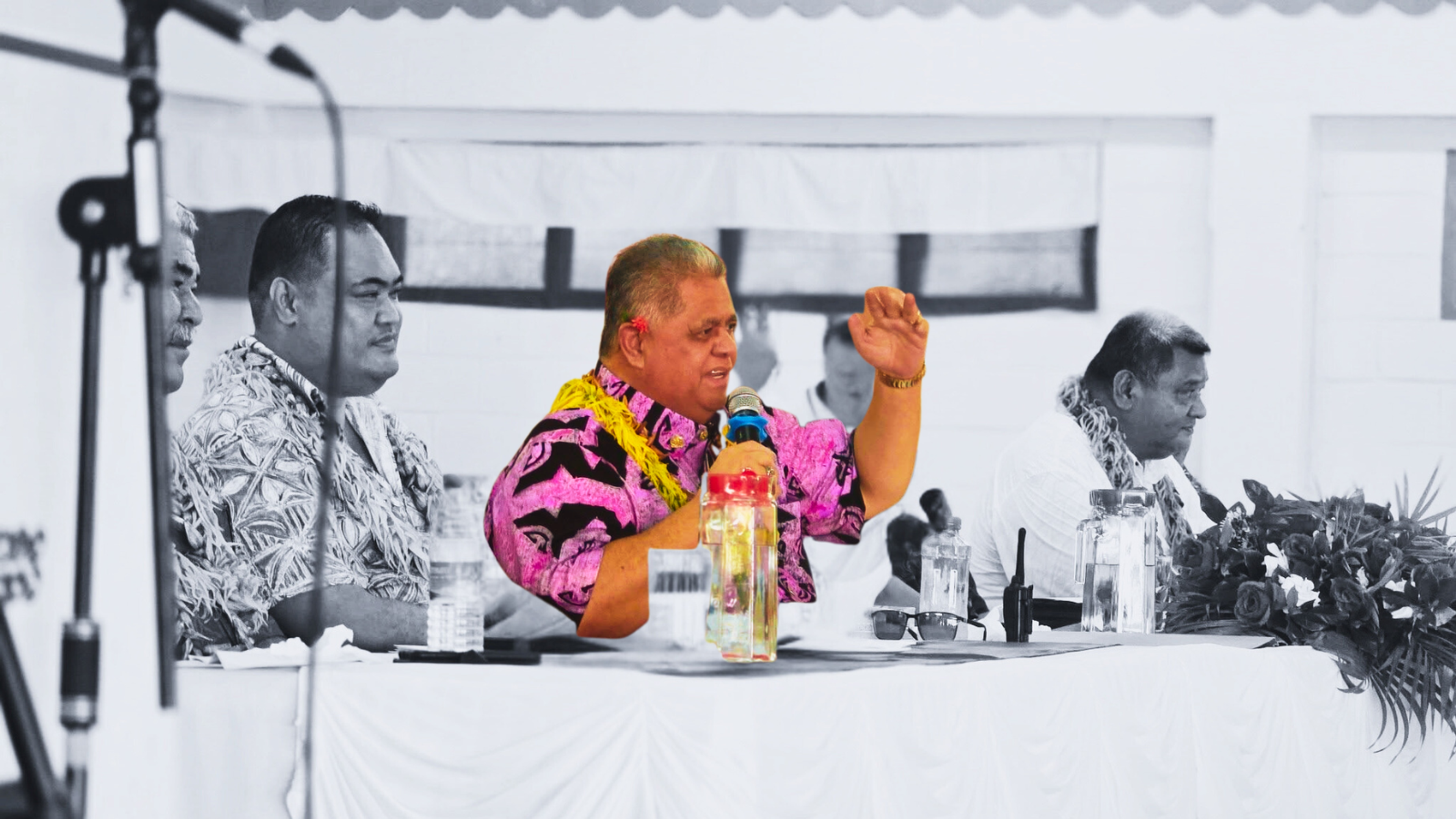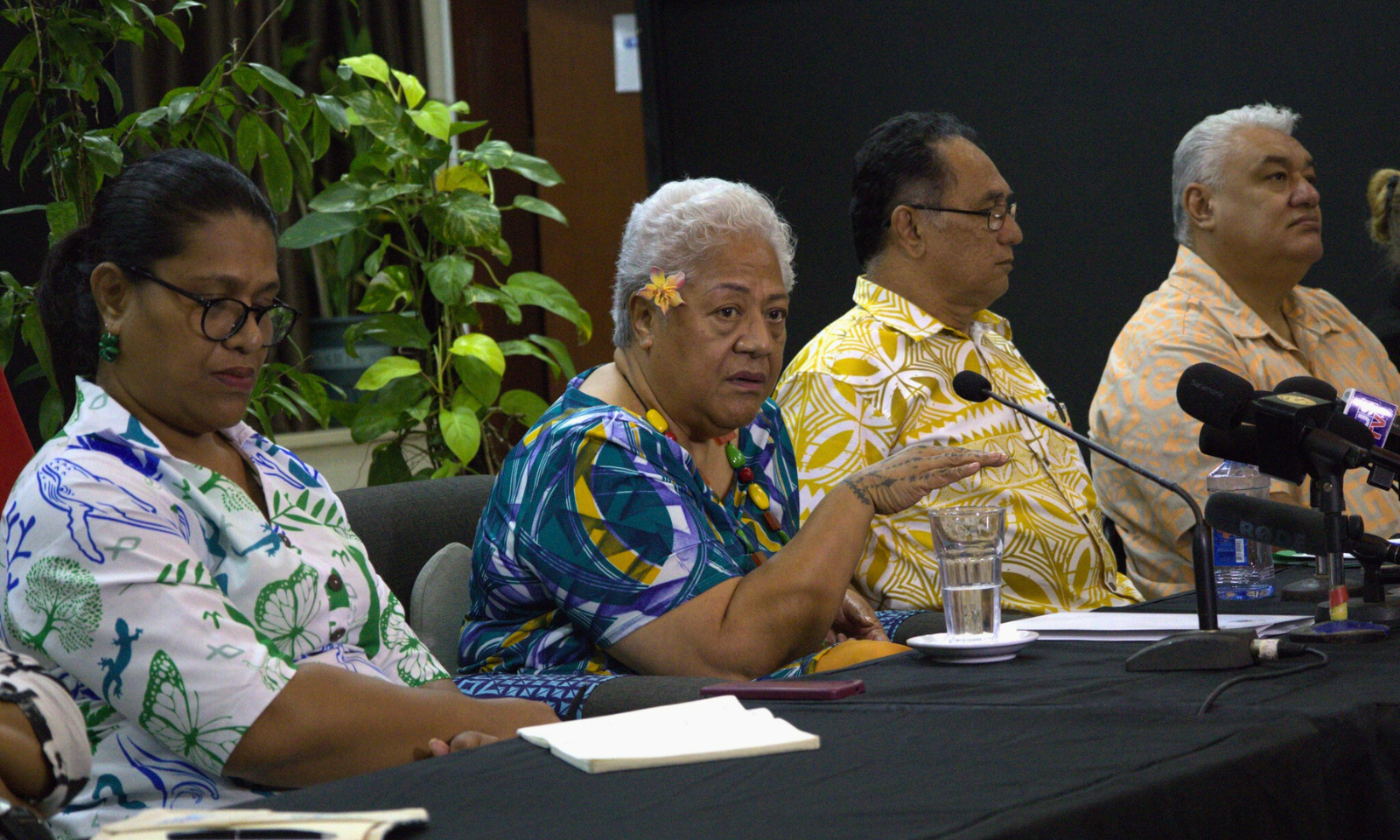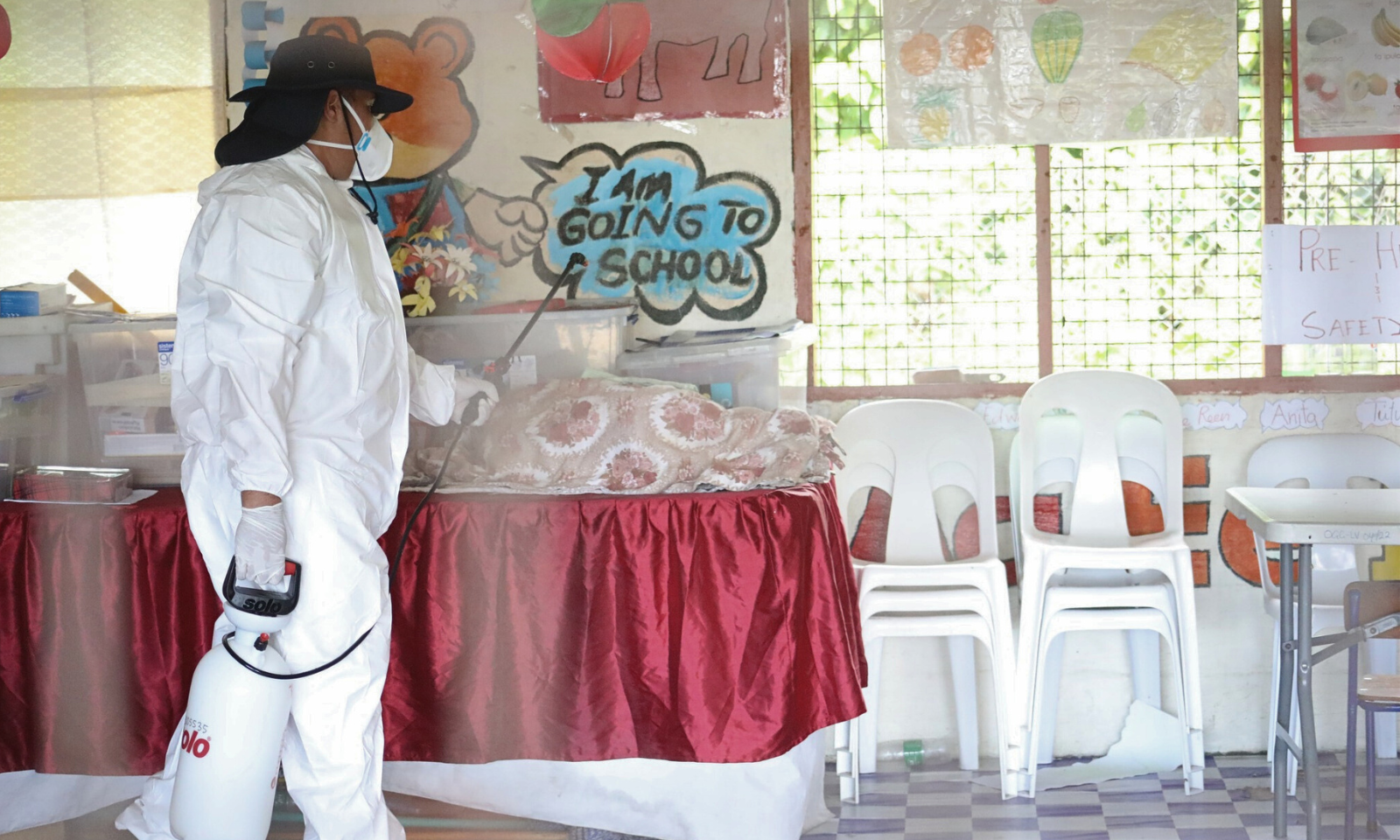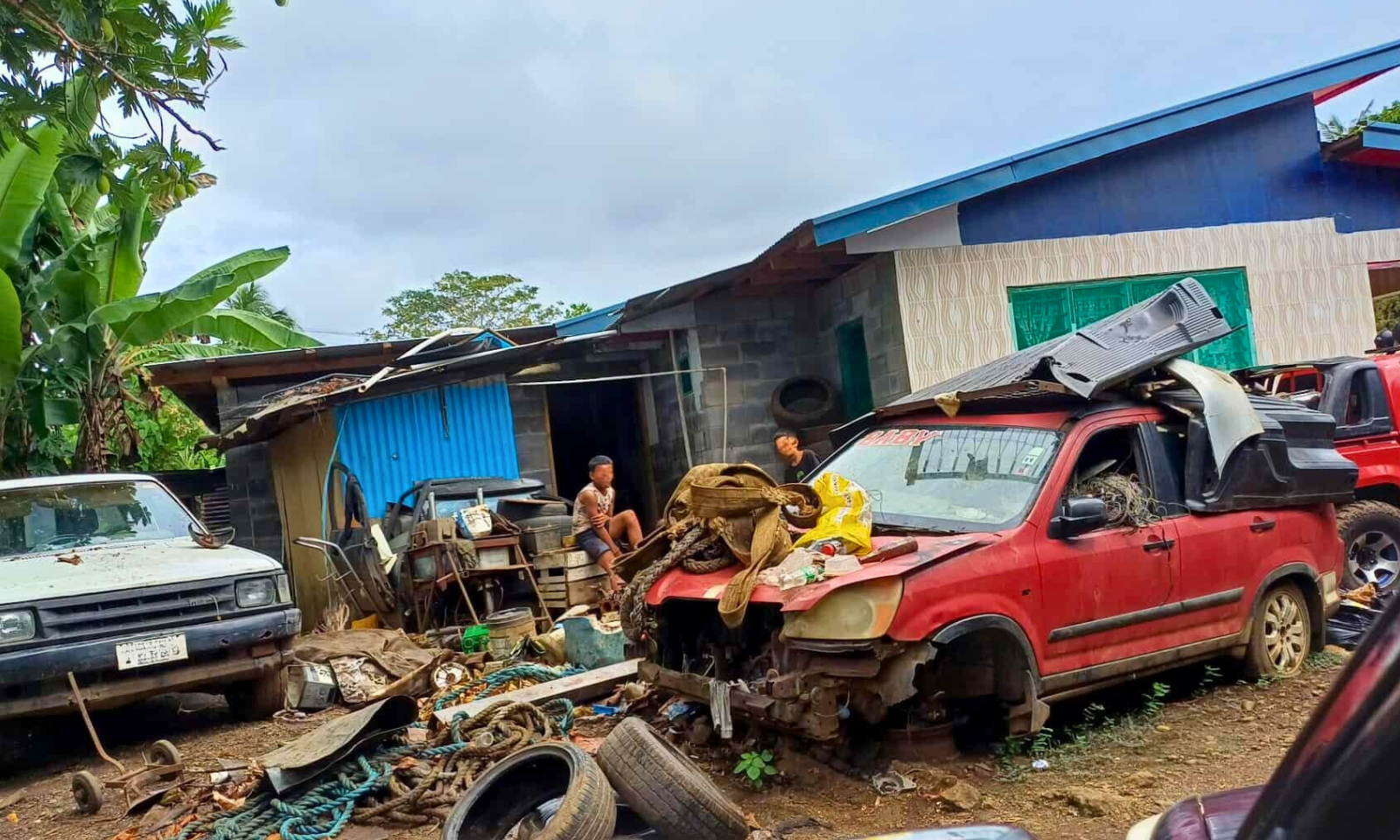

Fiamē has addressed the growing dengue outbreak, fronting a press conference with NEOC officials today.
Photo/Junior S. Ami
Sāmoa Prime Minister addresses surge in dengue fever cases
With four deaths confirmed and over 5000 people infected, Fiamē Naomi Mata’afa assures the nation that the outbreak is “contained”.



New Zealand-United States minerals talks spark concerns over Pacific seabed mining

From netball star to Matatū: Fia Laikong speaks on leap of faith



New Zealand-United States minerals talks spark concerns over Pacific seabed mining

From netball star to Matatū: Fia Laikong speaks on leap of faith
Sāmoa’s caretaker Prime Minister Fiamē Naomi Mataʻafa has addressed the growing dengue outbreak, following the recent deaths of children and a significant spike in confirmed cases in a week.
“To date, there have been four confirmed and one probable dengue-related death. No cases have required ICU at this stage,” Fiamē says in her address to the nation on Monday.
This marks her first public statement on the outbreak since the activation of the National Emergency Operations Centre (NEOC) just over a week ago.
In the first six months of this year, Sāmoa reported one dengue and 1276 laboratory-confirmed cases. But July saw a dramatic surge in cases. Since then, three more children have died due to dengue, and another death is suspected to be linked to the virus.
Fiamē confirmed that, as of 3 August, laboratory-confirmed cases had more than doubled to 2619, while clinically-diagnosed cases now total 5670. In the past week alone, about 1500 cases were clinically-diagnosed.
The Prime Minister says a collaborative approach has enabled NEOC teams to complete fumigation programmes at 225 schools in Upolu and Manono, as well as 97 schools in Savaiʻi. Re-fumigation is ongoing in targeted high-risk zones.

Samoa's caretaker Prime Minister fronted a press conference with NEOC. Photo/Government of Samoa
With just three weeks to go until the general election, and with the Prime Minister and her cabinet operating under caretaker mode - with access to only 25 per cent of the annual budget - the costs associated with the current NEOC campaign are expected to be significant.
But Fiamē says budgetary concerns are not an issue, as there are contingency pathways available if needed. “The main priority is the workforce, to ensure they are paid. As for any other costs, such as transport, chemicals and all that… the level of the dengue outbreak right now is manageable. The outbreak is contained. But we also have emergency constitutional provisions that we can tap into and make that call if we need to.”
On Monday, as part of their election roadshow, the political party Faatuatua i le Atua Sāmoa ua Tasi (FAST) unveiled a dengue assistance programme for all 51 electoral districts in Sāmoa. Party chair Laaulialemalietoa Leuatea Polataivao Schmidt announced the initiative during a Sunday address on social media.

School closures announced for a second week. Photo/Government of Samoa.
FAST has committed to providing donations of insect repellent, mosquito coils, and sleeping nets for communities across the country.
Fiamē welcomed the support, saying her political opponents' efforts can complement the “substantial” work being done by the government through the NEOC.
Meanwhile, the head of the Ministry of Education, A’eau Christopher Hazelman, has extended school closures for a second week. Despite the disruption to the school year, he is not ruling out further closures if necessary.
“The number of infected isn’t going down, so we take our cue from the health department because the first priority is the safety of children. But we also have to consider the timetable for students because exams are in October,” he says.
The acting head of the Ministry of Health has also warned against the use of traditional healers. He says a critical phase of a dengue infection includes a drop in platelets - the blood cells that help stop bleeding - as well as a loss of plasma. This means that any firm handling of the body, such as traditional fofo (massage), could worsen symptoms and hinder recovery.

Inspections have shown that poor waste disposal has contributed to heightened breeding grounds for mosquitoes. Photo/Government of Samoa
Health authorities have confirmed that 85 per cent of cases are of the DENV-1 variant, while 15 per cent are DENV-2, with the majority of cases affecting children under 15 years old.
On Friday, Te Whatu Ora issued a travel alert due to the increase in dengue cases across the Pacific and reported a significant rise in infections in Auckland during July.
Dr Susan Jack, of the National Public Health Service, says cases linked to Sāmoa accounted for about half of the total.
“There were 34 confirmed cases of dengue reported in Auckland in July… with approximately half acquired in Sāmoa, compared to just five cases at the same time in 2024. In the year to date, there have been 208 cases of dengue nationally,” she says.
VIDEO: Watch Fiamē's statement below (English at 9:37), on the current Dengue situation in Sāmoa.